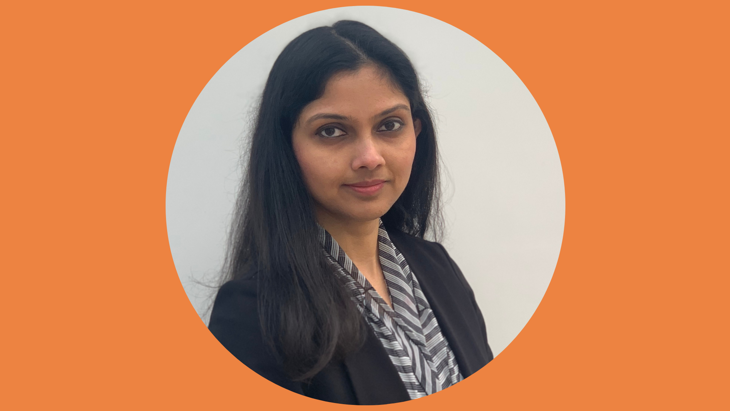
Sindhu Krishna: Phoenix is one of the UKs longest life savings and retirement businesses, so as a financial services provider we have put sustainability at the core. It is central to everything we do, including our strategy.
When we started back in 2019, we went through a large exercise to determine what were the factors that mattered to us as a business, as we needed to reflect on what was right for us.
We spoke to stakeholders, management, executives etc. and came out with our key topics. From this, we derived our holistic sustainability strategy.
I represent sustainable investments, but sustainability isn’t restricted by investments, but rather encompasses everything that the business does.
“When it comes to accountability, it is about being transparent, and
disclosing what we do.”
We have six strands, which include customer, responsible investments, our suppliers, our environmental impact, people, and community.
This is how we have split up the overarching sustainability strategy. Thus, the governance system we have, which represents each pillar and the overarching strategy, encompasses every aspect of the company, right up to the top of the board.
When it comes to accountability, it is about being transparent, and disclosing what we do. Since 2020, we have been publishing a sustainability report, where each pillar goes through what they have done, how they have been accountable, and their objectives.
Sindhu: We are quite a complex business with numerous blocks across the group, and it is about looking at what we want to achieve in terms of sustainability, where we want to go with it, and what this means for every line and function of the business.
On the pension side, if you are a 25-year-old with a pension, climate is very important to you, meaning we are having to look at the longer term.
Within the investment process, this becomes a core part of every layer. Within our investment committees, every decision we look at we consider sustainability.
We appreciate and understand that this transition to sustainability is going to take time. From where we set out to where we are now was a process, and we are still looking at where we want to go and how we will manage this journey.
“We work closely with our asset management partners to make sure
that they are up to standard.”
The key to all of this is understanding everything is part of the process to reaching that end goal of net zero.
We work with asset managers and are asset owners, so this is not just us raising the bar or setting expectations for ourselves. It’s about making sure that the eco system in which we operate is set up and fit for purpose.
Because of this, we work closely with our asset management partners to make sure that they are up to standard.
Some of the partners are doing fantastic work, but we want to ensure that everyone, both the leaders and those that are catching up, can all be assessed correctly.
Sindhu: It is important to have the right knowledge level so that you know how to interpret what the data is telling us.
There is a question on the consistency and standardisation of data and understanding what the data is actually telling us. You need to be sure that you know whether you are helping, or at least moving in the right direction.
This data has to be simplified. We need to figure out what our members can understand, and how we position it to tell the story of how we have made things better for them.
When we hold ourselves to account, and start presenting this information, we have to be constantly mindful that there is a level of understanding across the business to review and challenge that we are indeed moving in the right direction.
“We are getting regulations coming thick and fast, impacting all of our
stakeholders, and we need to be able to respond to them.”
There is definitely an impact in terms of infrastructure, resources, and understanding across the business, and this is dynamic and changing over time.
It does require organisations to not only keep track of what is going on at the national level, but also across geographies, especially if you are global investors.
For instance, we keep an eye on what is going on at an EU level, not extensively, but an understanding at the very least.
We are getting regulations coming thick and fast, impacting all of our stakeholders, and we need to be able to respond to them. It is an absolute driver of change, but it is also resource intensive.